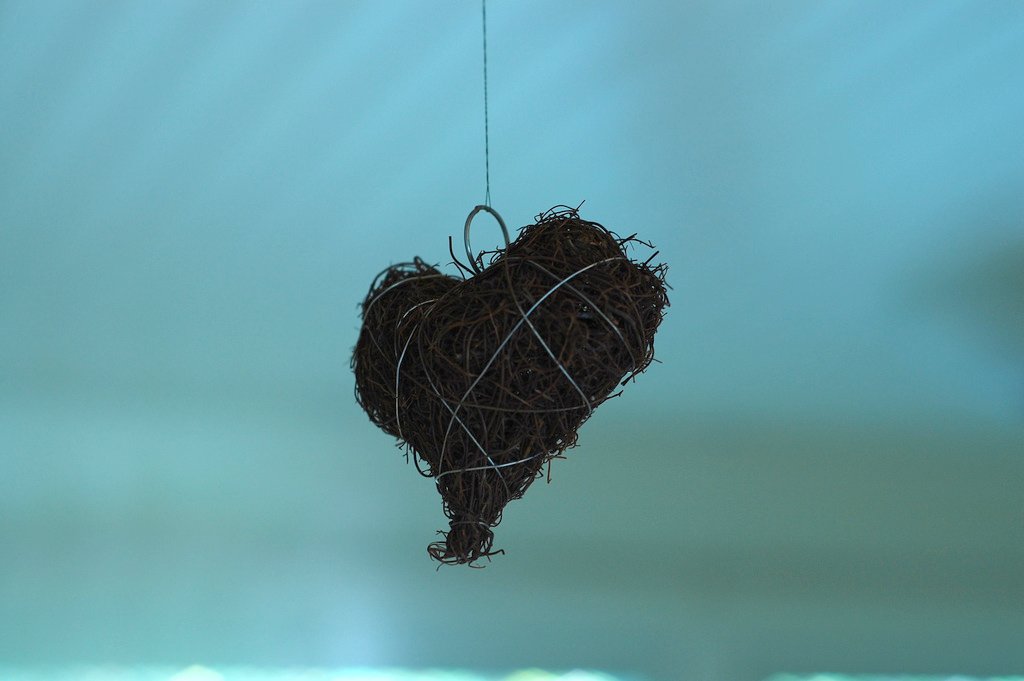|
|
|
To be no part of a body is as to be
nothing.
John Bunyan |
|
|
| |
Long before the days of polished
mirrors, when proud knights admired their reflections in wayside
pools, and sought to catch the eye of favoured maidens, the seeds of
today’s image-conscious society were already in flower. Most of us
today are so concerned with our self image that it is bound to
affect the way we handle that most self-absorbing of emotions:
grief.
All of us have our own ways of projecting the image of ourselves
that we are eager to convey. Those of us who have an inflated sense
of our own importance, however, or who crave position and
admiration, are likely to find the impact grief has on us
particularly hard to bear. Considering how lacking in empathy some
people can be towards the grieving, it is easy to see why we may be
tempted to adopt subterfuges that enable us to “manage” our image.
To some extent we all do this, but there is a considerable risk of
this process becoming self-deceptive as we begin to hide – even from
ourselves – just how much we are hurting.
If we find ourselves continually acting a part, it may be because we
are trying too hard to impress. This can continue after we are no
longer in contact with these people, or even after they have died.
It is important for our future freedom that we do not allow their
wishes to influence our lives unduly.
Juggling all that needs doing from day to day is hard enough,
without having to worry about how we are coming across to others. We
might fare better if we paused to ask why it is that we are so
concerned about our image. Is it because we are lacking any clear
sense of our own identity? Are our efforts to keep things under
control causing us to avoid relationships that actually could and
should have been mutually beneficial?
It is only a small step from here to falling prey to something that
is particularly displeasing to the Lord: hypocrisy. Those who
suppress their pain, rather than lean into it, all too frequently
end up turning to artificial stimulants or sedatives. We can only
sound already well publicised warnings. Alcohol may induce relief in
the short-term, but its long-term legacy leaves people almost
invariably wracked with guilt.
If our ultimate aim is to avoid situations that “tarnish” our
beloved image by exposing our anger, anxiety or anguish, we may well
find ourselves making light in public of our loss. In reality,
almost any loss represents an enormous body blow.
|
|
|
|
Reflect and Pray
A friend once compared our minds to a hard disc that uses up so much
of its memory servicing its own operational needs that there is
little room left for any new data to be added. We spend so much of
our time and energy thinking about how we look, and how we are
coming across, but if we could just get our focus more off ourselves
– how much more time and energy we would have to give to God and to
others! |
Lord, hearts that are fully focused on You,
neither foment regrets
nor foster the envy that honours greed and pride.
Why fence in scorn and freeze out love
when You call us to lay such things aside?
O Lord of Heaven’s Armies,
Eternal Comforter, draw near;
restore the threads that hold our hearts to Yours,
and lead us to Your throne.
|

morguefile |
|
Resisting Aftershocks
The tsunami-lashed Andaman and Nicobar Islands have suffered
9,500 aftershocks since the undersea earthquake on Boxing Day that
sent giant waves crashing into the emerald green archipelago.
News24.com
Deadly aftershocks often follow hard on the heels of earth-quakes
and tsunamis – and it can feel like this in grief, too. As the waves
continue to buffet, all our instincts are to cry out, “Lord change
our circumstances!” But since the Lord could have prevented whatever
it was from happening, there may be better prayers to pray.
Read
More . . . |
|
|
Back to top
Main Index
On to Resisting Aftershocks
Back to Resisting the but-what-ifs
Home |

